Two Colville women were booked into a rural Washington jail. It became a death sentence
Critics say WA jails are letting opioid users suffer from withdrawals, leading to preventable deaths

Wildfires are growing in frequency and intensity, threatening our landscape, our lifestyle and our health. “Smoky Skies, Altered Lives” probes how the upsurge in fire and smoke fueled by climate change puts us at risk, and how restoring the health of our forests could make a difference.
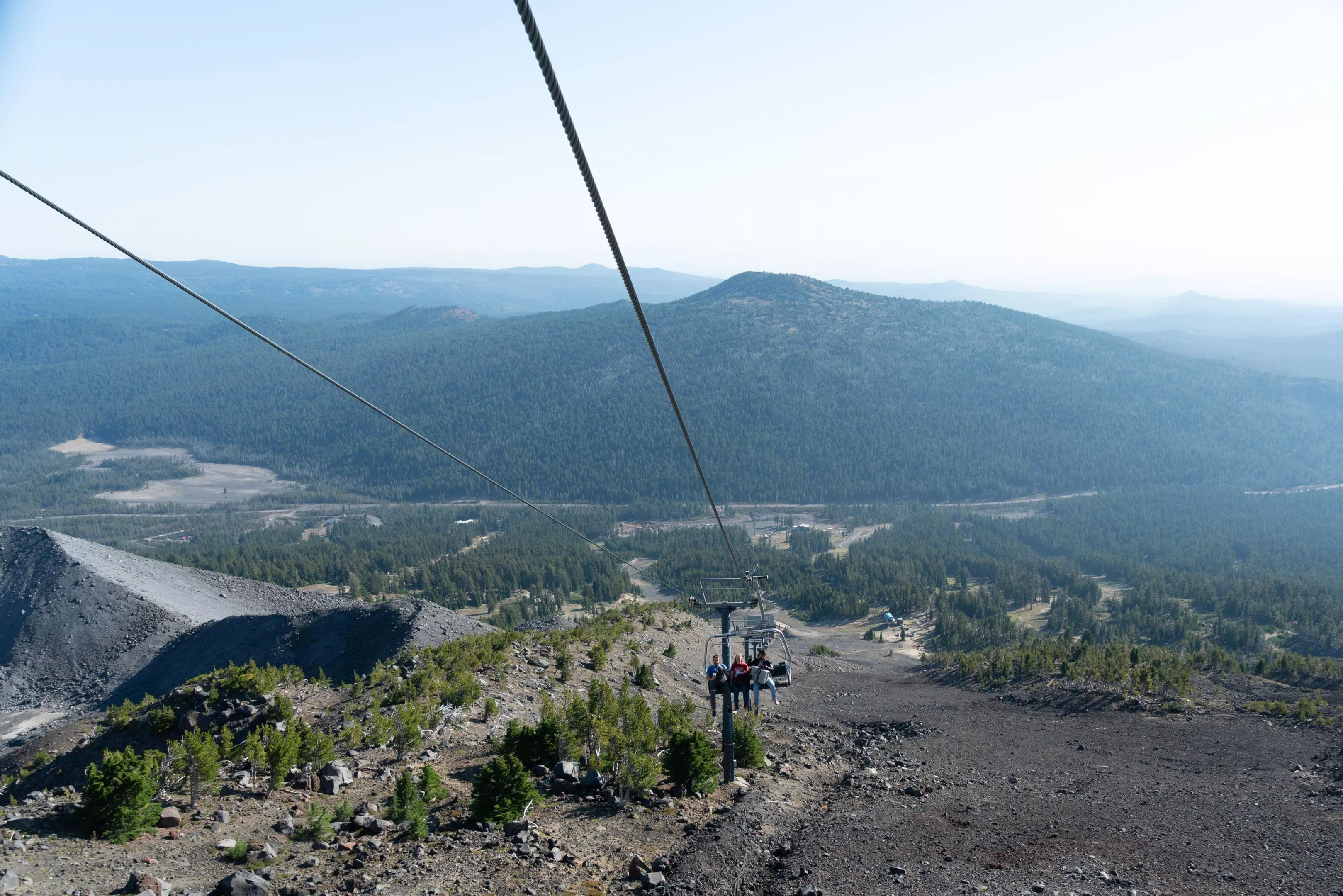
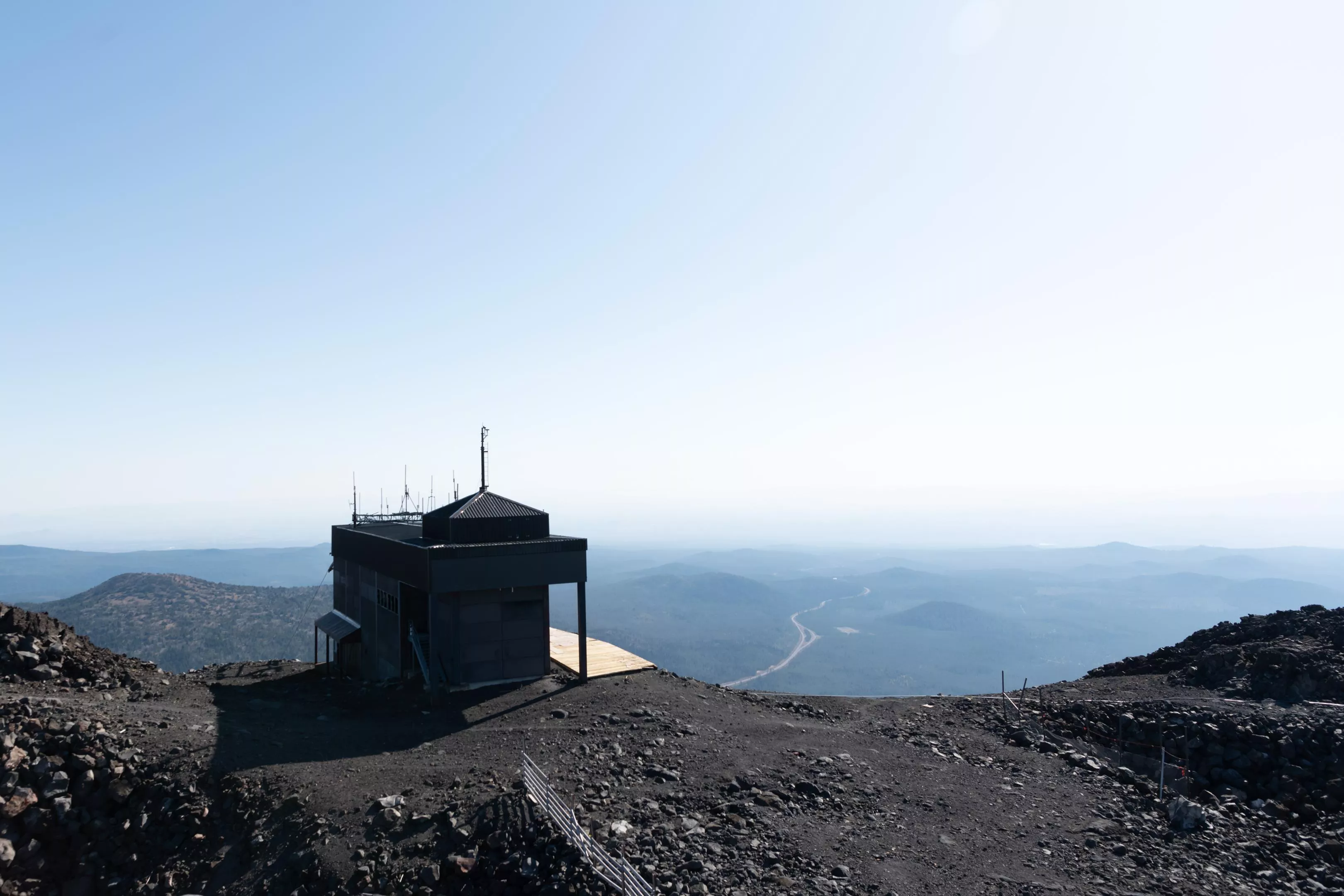
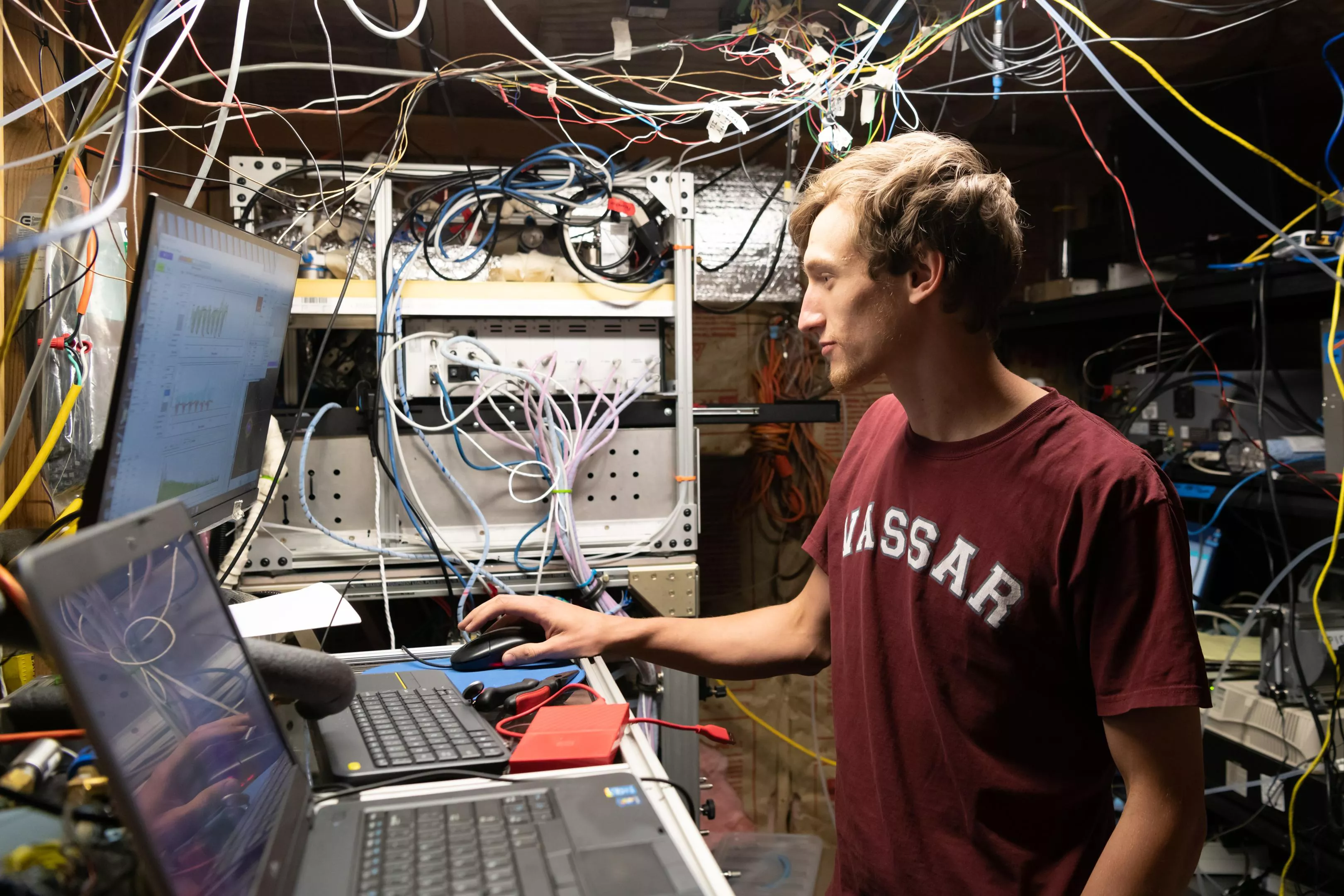
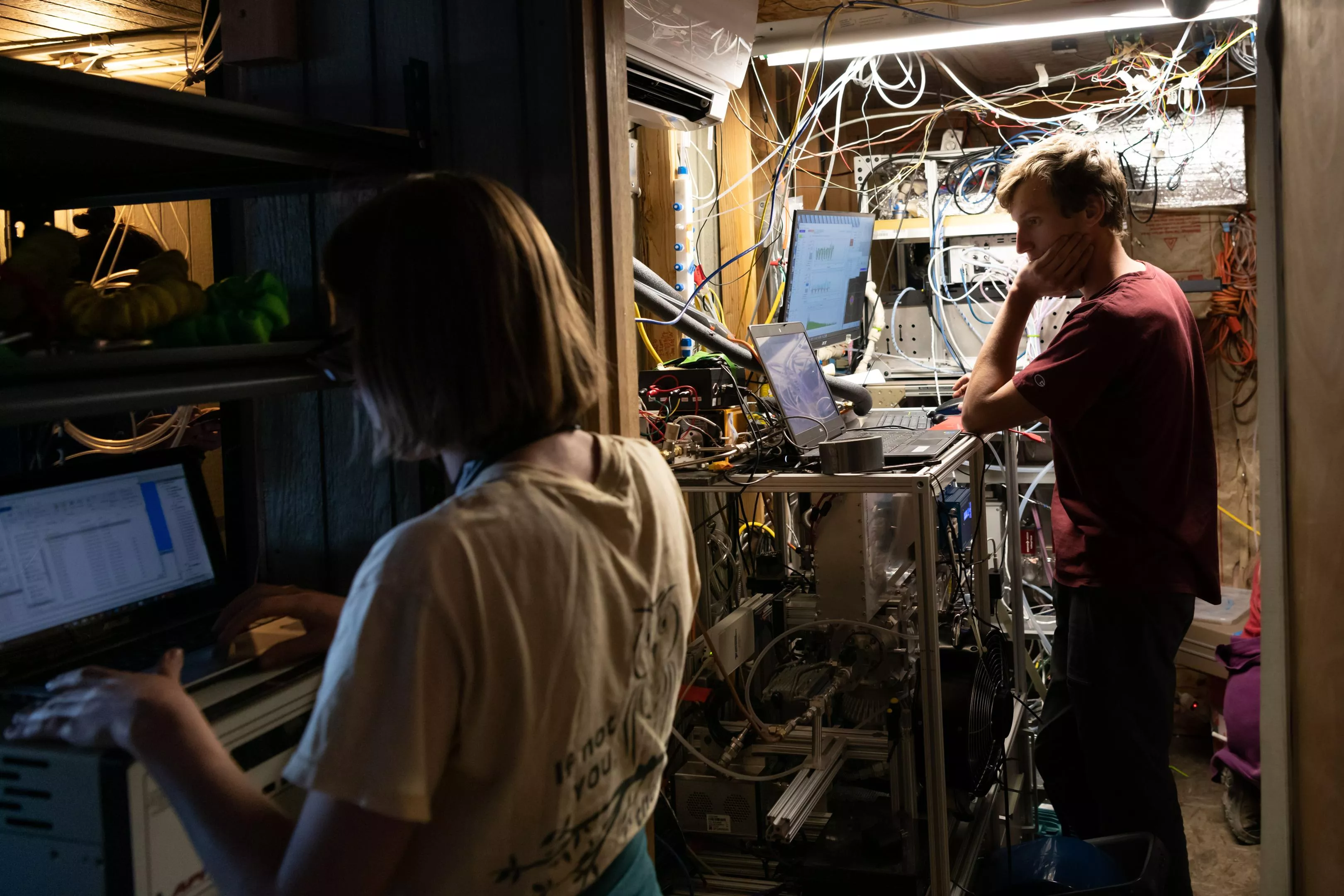
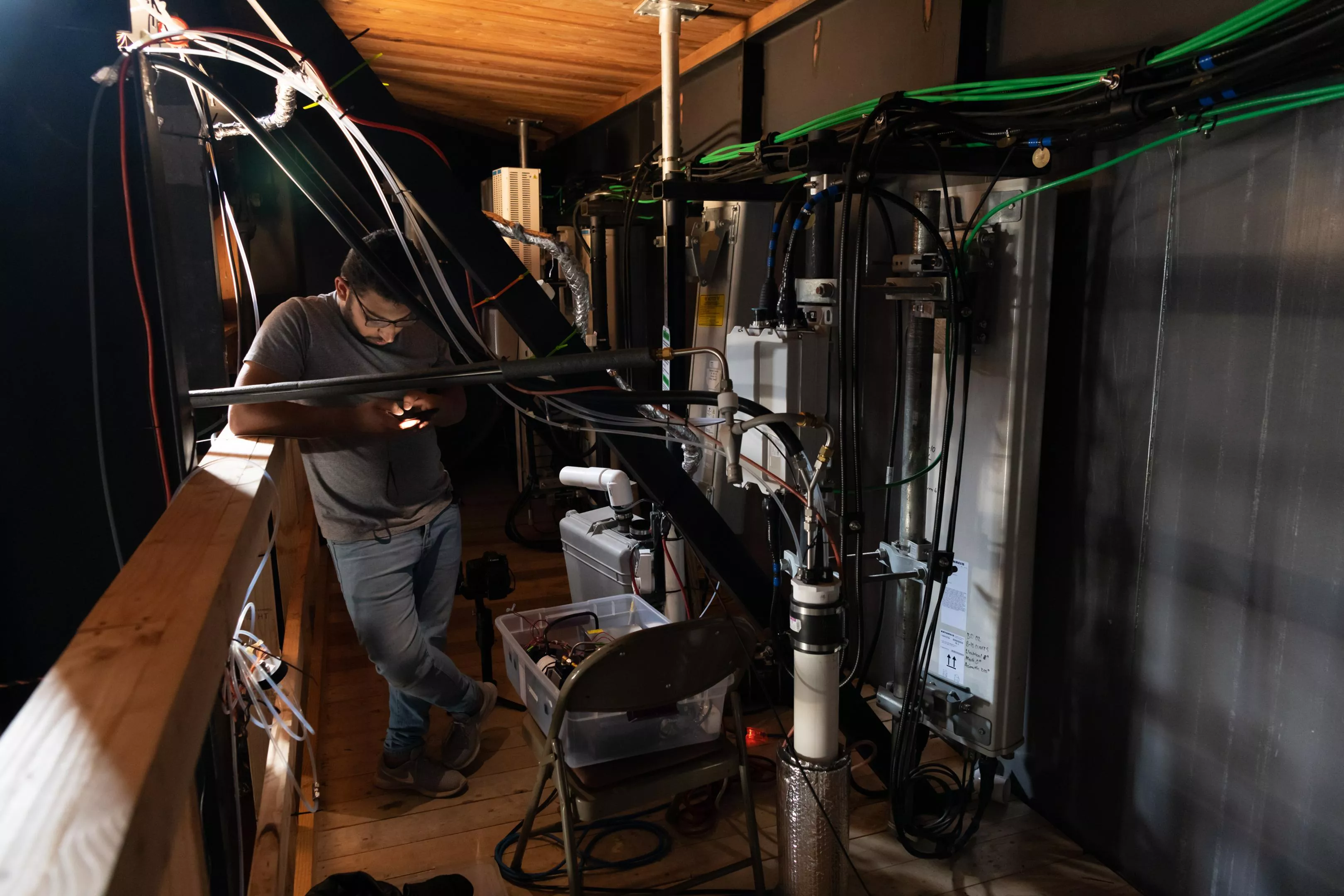
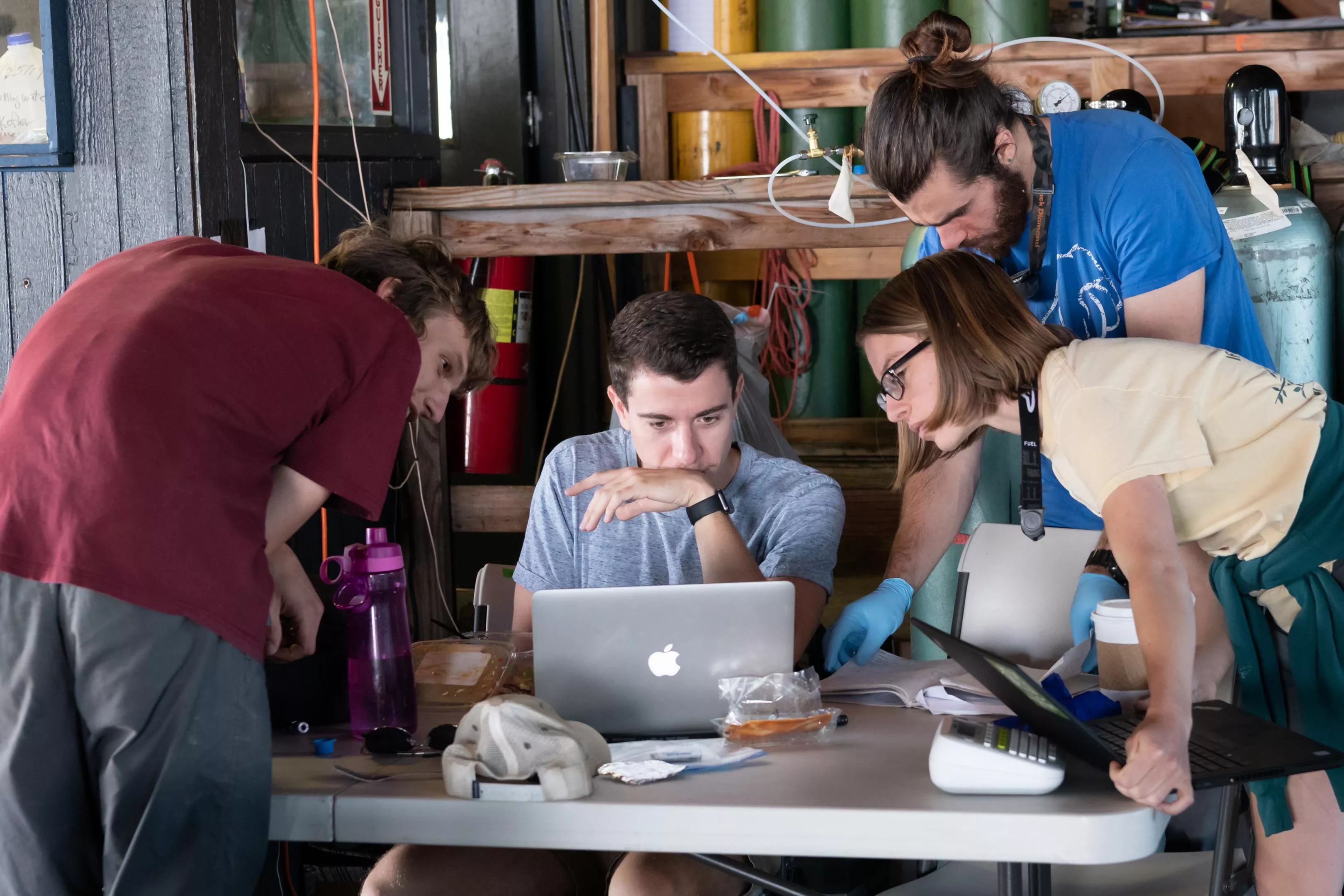
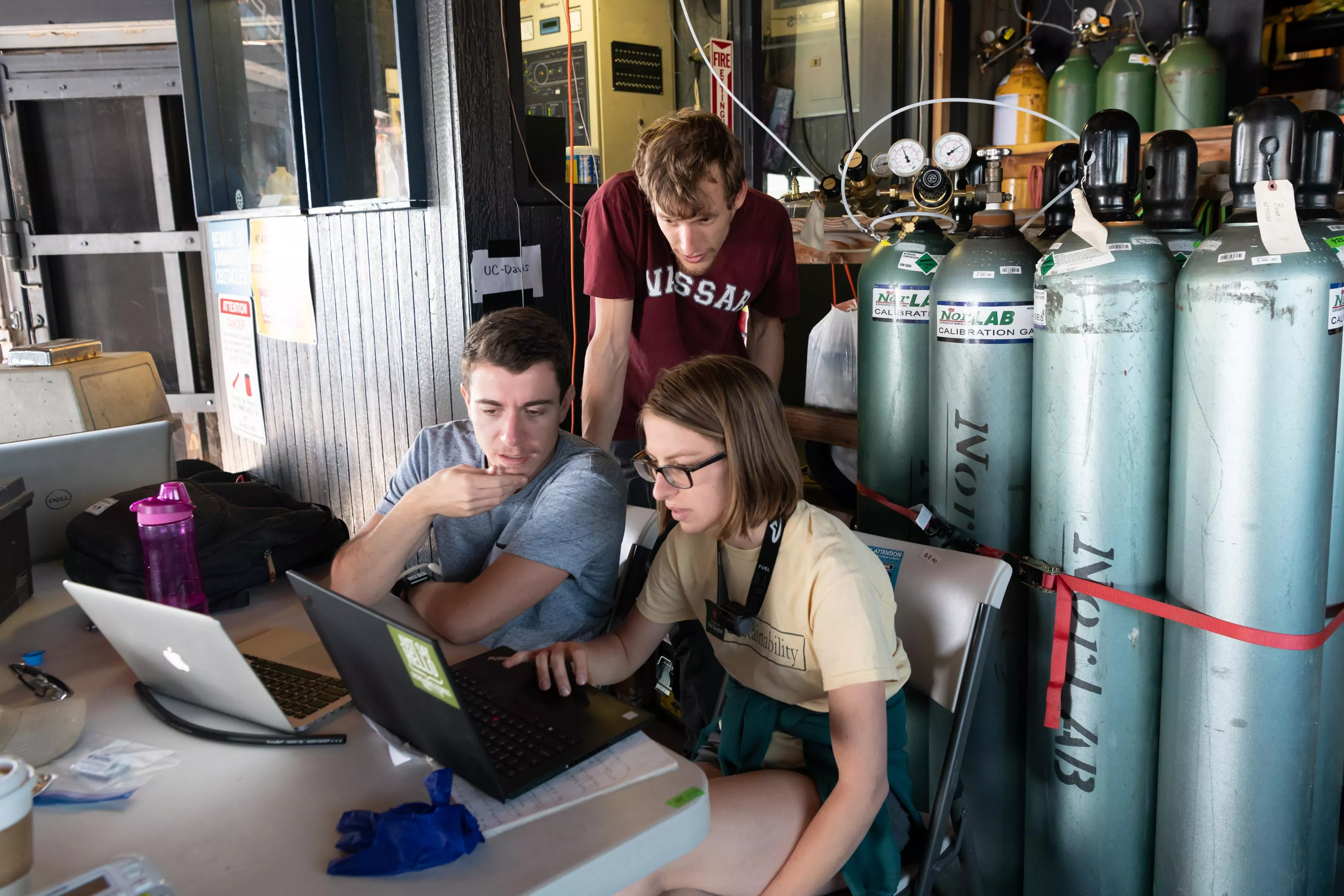
The story you just read is only possible because readers like you support our mission to uncover truths that matter. If you value this reporting, help us continue producing high-impact investigations that drive real-world change. Your donation today ensures we can keep asking tough questions and bringing critical issues to light. Join us — because fearless, independent journalism depends on you!
— Jacob H. Fries, executive director
DonateCancel anytime.
Subscribe to our weekly newsletters and never miss an investigation.